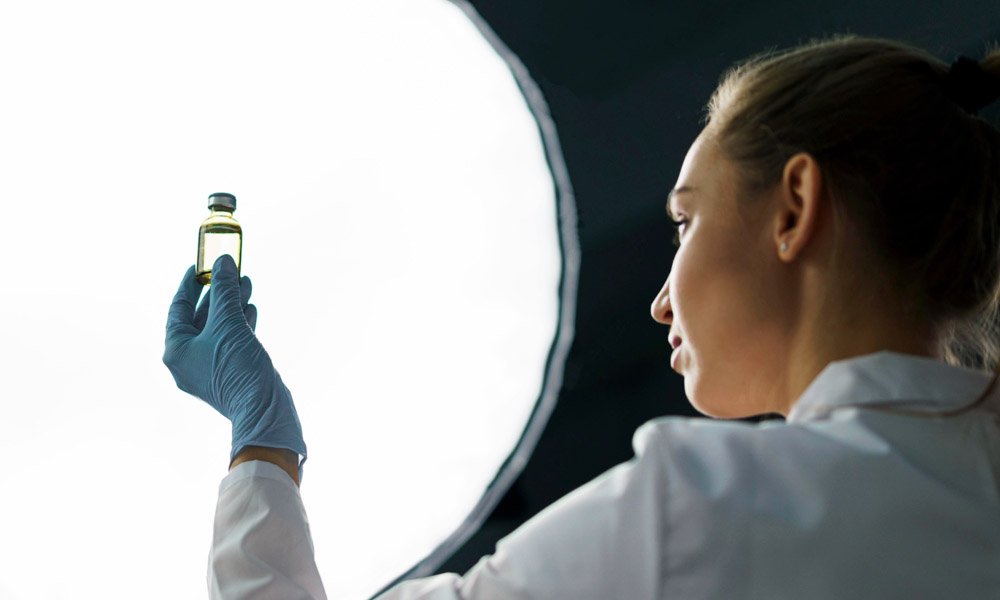Within the fast-moving world of high-level wellness, few procedures and therapies have remained in the spotlight like glutathione IV therapy. It’s a surge like no other, as the treatment has established a foothold in antioxidation and performance clinics while simultaneously becoming a primary talking point among biohackers, optimisation enthusiasts, and other health-conscious individuals.
It’s a well-earned position, considering how glutathione, the “master antioxidant,” plays a central role in how we handle stress, recover from fatigue, and maintain overall health. But an IV therapy with glutathione entails much more than you might think. To your pleasure, that’s precisely what we’re here to unpack today.
What actually is glutathione?
To get the basics out of the way, glutathione is a potent molecule that is composed of three key amino acids – glutamine, cysteine and glycine. It is produced naturally in the liver and exists in many of our bodily tissues. The main job of glutathione is to reduce free radicals within the body, the unstable byproducts that cause cellular damage, by recycling other antioxidants like vitamins C and E to support the body’s detox systems. It also plays a role in regulating inflammation, maintaining immune balance, and supporting cellular energy production.
As we age, our body’s ability to produce glutathione naturally declines, a process that is further accelerated by other factors, such as pollution, poor diet, chronic stress, alcohol consumption, or other illnesses. As these levels drop, the recovery process of our body slows down, making it harder to energise or stay resilient to toxins.
Now, although oral glutathione supplements exist, their absorption tends to be slow due to how nutrients are absorbed within the digestive system. IV therapy shines bright in this regard, as it can inject glutathione directly into your bloodstream, allowing the body to absorb much more of it and utilise the molecule more effectively.
What draws people to glutathione IV therapy?
A glutathione IV drip is often used and actively recommended in detox programs or as part of longevity strategies. The drip is especially useful for those recovering from an illness, a high-stress period, a high-performance activity, or long-haul travel. Situations where the body’s ability to bounce back is tested the strongest.
Of course, the reason varies from one community to another. Biohackers seek it to support their brain and mitochondrial function. Urban professionals use it to counter pollution, de-stress, detox, and restore immune balance. The skincare-conscious seek it for skin clarity and tone, and lastly, athletes rely on it to help recover from fatigue, physical strain, and high oxidative stress.
On a more basic level, many people find themselves drawn to it simply because of how the therapy makes them feel afterwards, with numerous individuals claiming to have greater clarity, a sense of lightness, and a general return to balance within the body. The therapy isn’t restricted to particular use cases only, and anyone exposed to high levels of environmental or internal stress is free to seek it.
In what ways does glutathione therapy help our body?
Detox support
The liver depends on glutathione to neutralise toxins and prepare them for removal. More specifically, and as many studies have shown, it is also effective in dealing with fatty liver and liver poisoning, part of the reason why it’s considered essential in many detox-focused programs.
Better energy and mental focus
Because it supports the body’s mitochondrial function, glutathione helps cells produce energy more efficiently. This can help reduce fatigue and improve mental clarity, especially for individuals under constant stress or recovering from physical strain.
Cellular protection and anti-ageing
Unlike topical treatments, glutathione works inside the cell since it is something your body is familiar with. It helps repair DNA, reduces inflammation, and supports the health of the telomere, the region which protects your genetic data. These effects are tied to healthier ageing and long-term resilience to imbalance.
Immune system support
Glutathione plays a role in white blood cell function and immune regulation, making it extremely valuable during times of travel, stress, or increased exposure to pathogens and pollutants.
Brighter skin and even tone
Glutathione may reduce melanin production by inhibiting the enzyme tyrosinase. Over time, this can result in clearer, more evenly toned skin. While medical studies surrounding this are still underway, the effect itself is widely and anecdotally reported in beauty communities across Asia, where skin-brightening treatments are often sought out.


